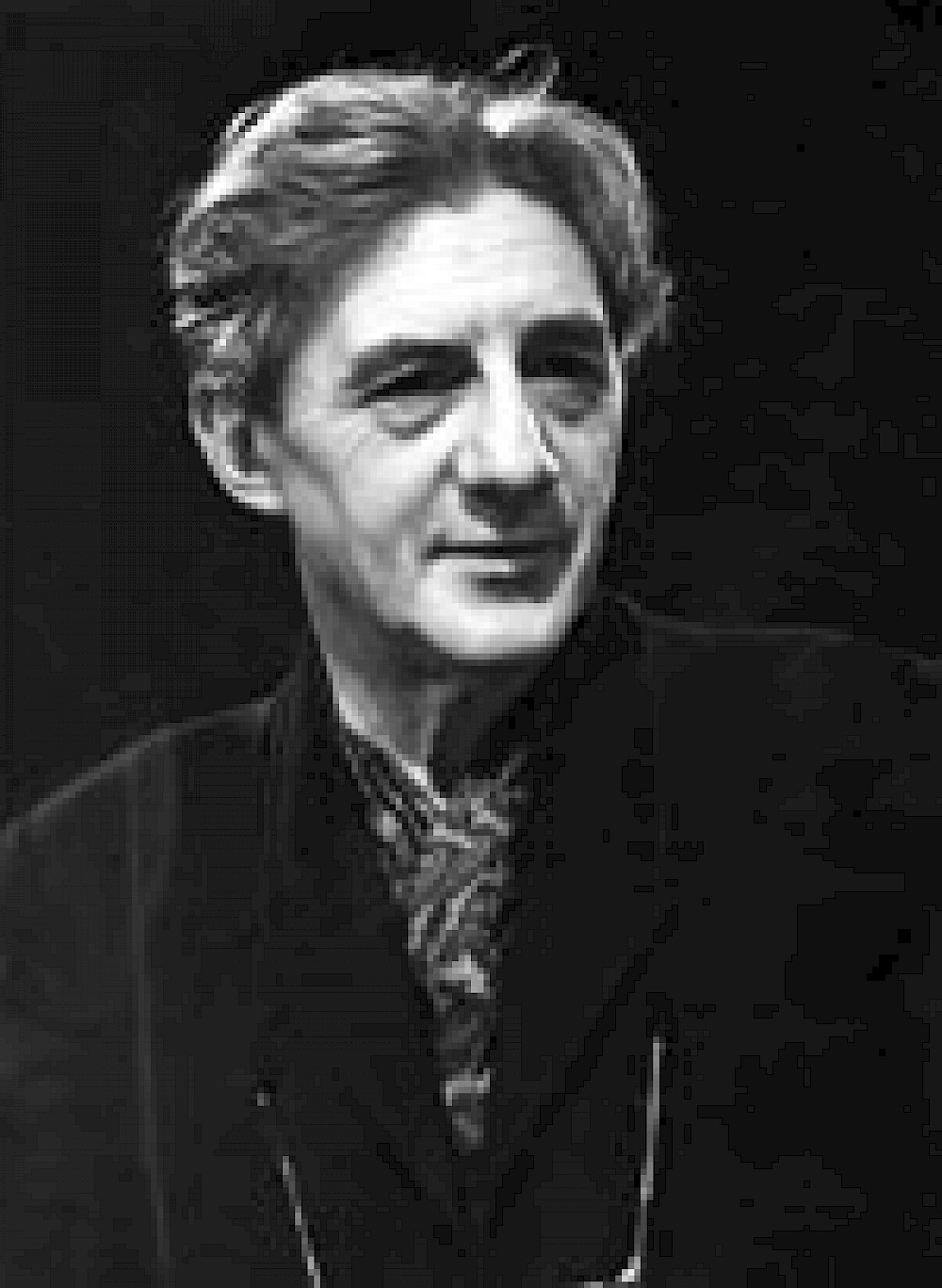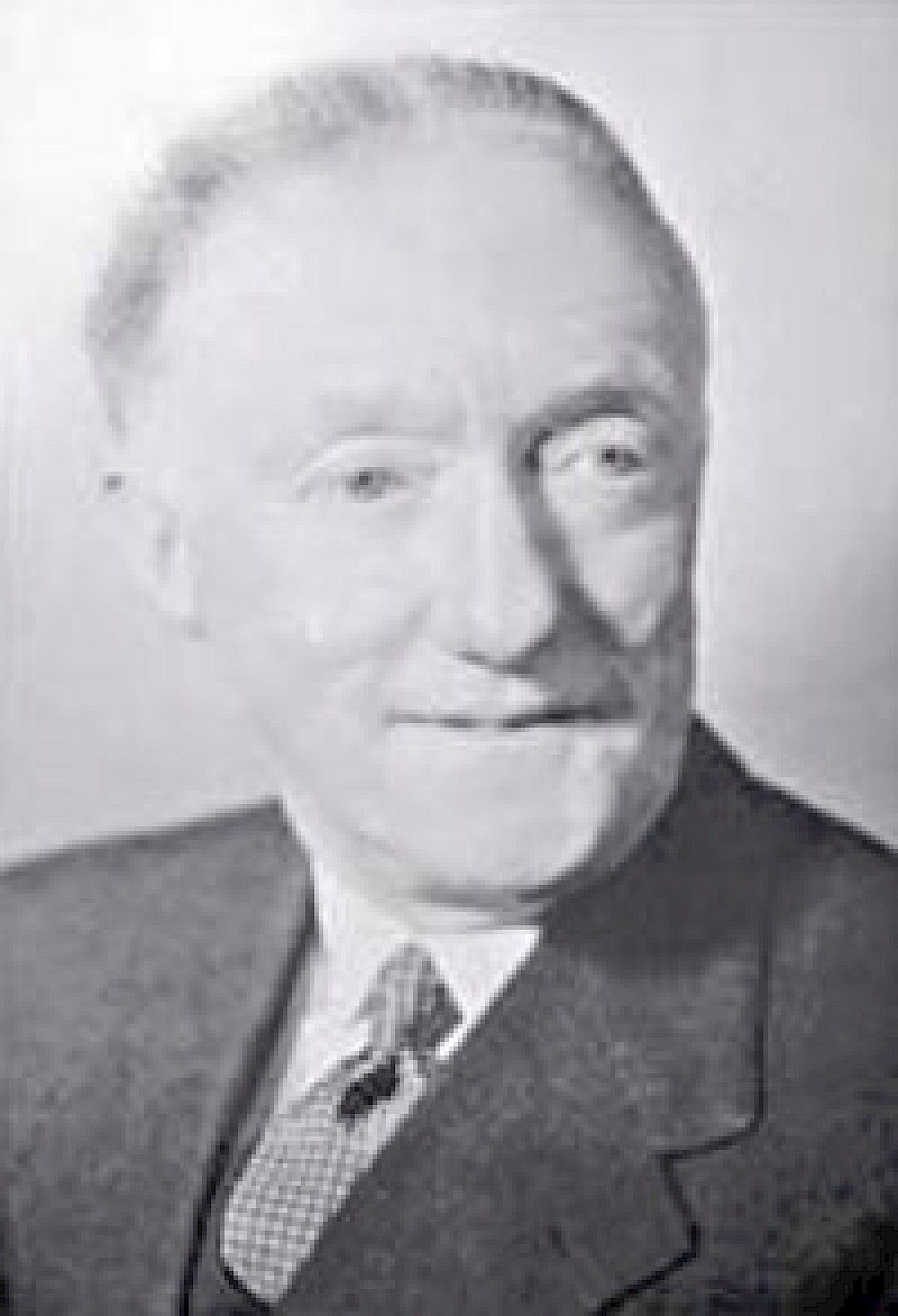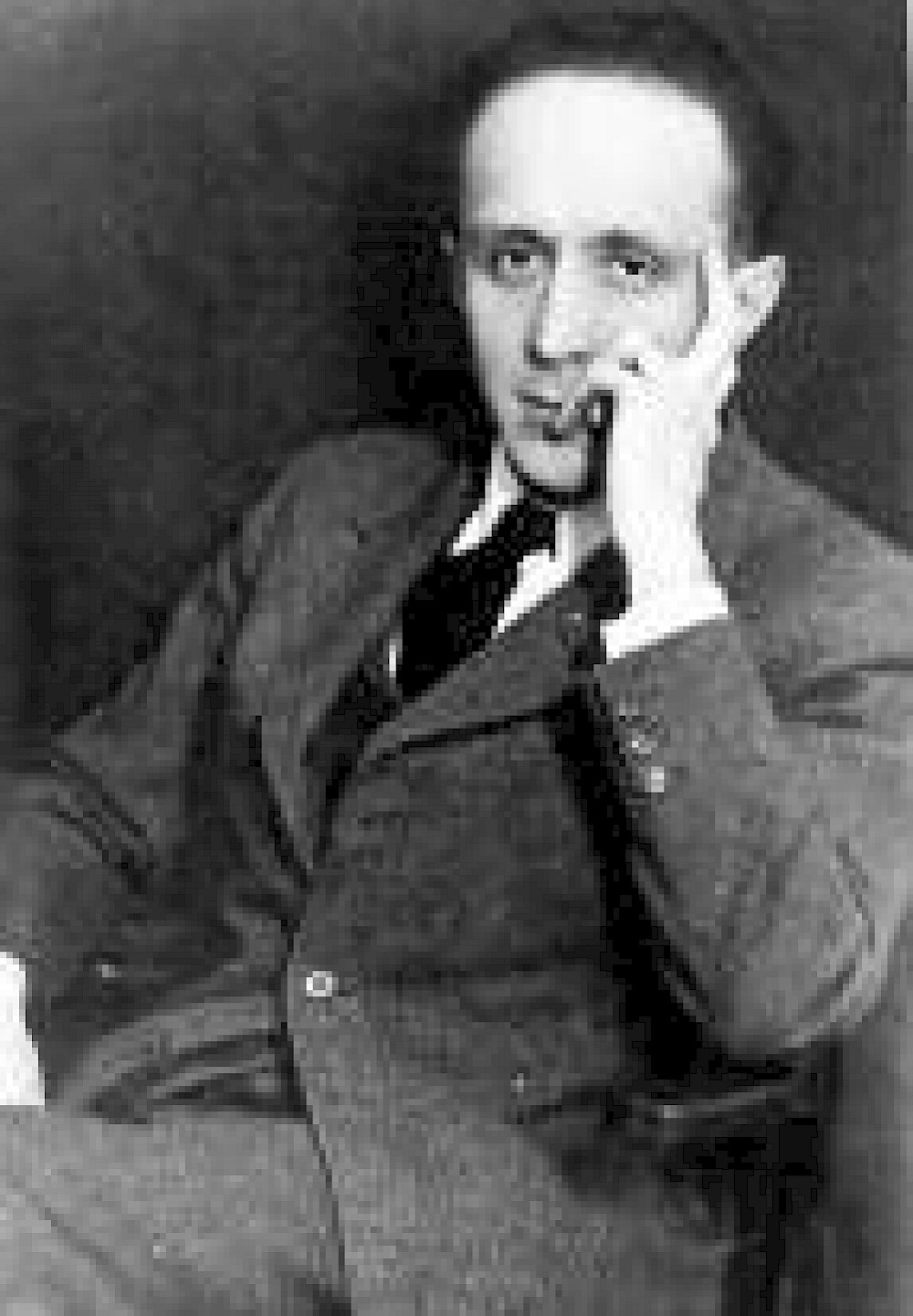

The necessities of World War Two meant that the 1940 Festival had to be abandoned.
In 1947, Sir Malcolm Sargent was welcomed back along with John Barbirolli, who was already a well-known figure in Leeds because of his visits from Manchester with the Hallé Orchestra, which he had more or less recreated soon after a risky sea voyage from America in 1942. The Chorus was three hundred in number, and the Earl of Harewood remembered them in a 1974 programme note:
The programme included Verdi’s Te Deum and Requiem, Beethoven’s Choral Symphony, Vaughan Williams’s Sea Symphony, Belshazzar’s Feast (with Dennis Noble as soloist again), Berlioz’s Te Deum and selections from Act Three of Wagner’s Die Meistersinger. It’s just as well the Chorus were full-throated.

Sir Thomas Beecham was conductor again in 1950, along with Barbirolli and Maurice Miles. Old patterns were being broken, and more days were allocated. There were fine performances, according to newspaper reports, of Rossini’s Petite Messe Solonnelle, Benjamin Britten’s Spring Symphony (only the second performance in England) and Edward Elgar’s Dream of Gerontius. Britten had been expected to conduct his symphony himself, but he fell ill, and at the last moment had to be replaced by Herbert Bardgett. Other twentieth century works included Arthur Honeger’s King David and Edmund Rubbra’s Morning Watch.
The idea of a special Festival Chorus was temporarily abandoned, and in 1953 the choral works were allocated to several separate societies. Choral Scene by Phyllis Tate was one of the new works, along with Winter Words, dedicated to the poet Thomas Hardy by Benjamin Britten, which was performed at Harewood House. Other works included Mahler’s Second Symphony, Stravinsky’s Oedipus Rex, Delius’s Mass of Life and Leos Janacek’s Glagolitic Mass. Concerts were held not only in the Town Hall but also in the Civic Theatre (now the Leeds Museum), Temple Newsam House and Harewood House.
By 1958, the Festival had spread to even more venues, lasted for week and included other genres. The centenary of the opening of the Town Hall was marked by a visit from the Queen, now five years into her reign. Belshazzar’s Feast just had to be in it somewhere, and it was, on the final Saturday evening. Geraint Evans was the baritone soloist in a work which had become a standard. Ernest Bradbury in the Yorkshire Post had seen it done better, though; the Festival Conductor, Jascha Horenstein, had made a hash of it:

He did not like Horenstein’s treatment of Beethoven’s Mass in D either. On the Monday Elgar’s Falstaff preceded the specially-commissioned The Vision of Judgement by Peter Racine Fricker, for soprano, tenor and chorus. The Philharmonia Orchestra combined with the trumpets and trombones of the Fairey Aviation Works Band for this work. On the Thursday, Peter Pears sang in Benjamin Britten’s Nocturne for tenor and small orchestra, which was followed by a Chorus piece – Verdi’s Quattro Pezzi Sacri. Marc-Antoine Charpentier’s Te Deum was first performed in England on the final Friday. Handel’s dramatic oratorio Samson was staged at the Grand Theatre, Ravi Shankar brought sitar music, there were jazz concerts with Duke Ellington, Johnny Dankworth and Humphrey Lyttleton and a performance by Muddy Waters.